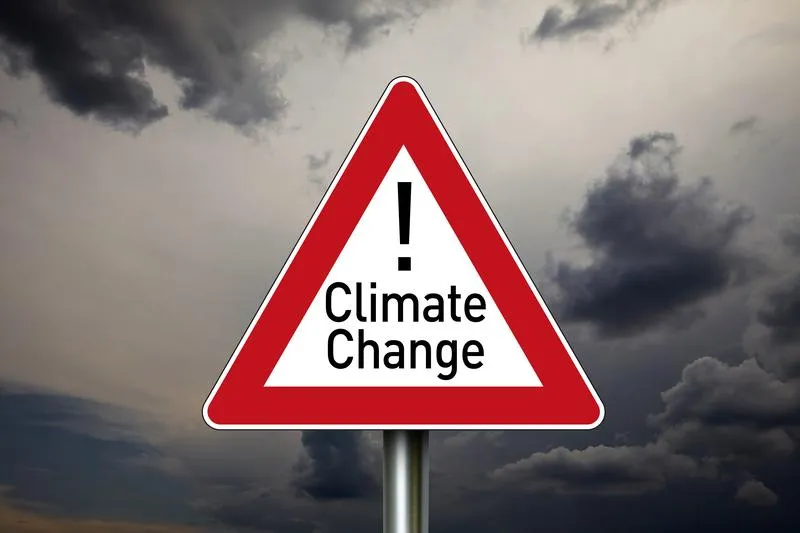
Climate Change Policies—A Conservative View on the Hidden Costs and Better Solutions
Climate change has been a hot topic in global and national debates, but many conservatives are questioning whether current policies are truly solving the problem—or just creating new challenges. While acknowledging the importance of environmental stewardship, conservative thinkers advocate for practical, market-driven solutions that balance ecological concerns with economic realities.
The Current Landscape of Climate Policies
Corporate Environmental Strategies:
Many corporations adopt aggressive sustainability goals, such as achieving “net-zero” emissions, which often result in higher costs for consumers and businesses alike.
Critics argue that these initiatives are more about optics and less about meaningful impact, with carbon offset purchases serving as a Band-Aid rather than a solution.
Government Mandates:
Policies like strict emissions regulations and renewable energy quotas often lead to unintended consequences, such as energy shortages or skyrocketing utility costs.
Conservatives highlight that these policies disproportionately harm middle- and working-class families.
Conservative Critiques of Current Policies
Economic Impact:
Over-regulation stifles innovation and raises costs, burdening small businesses and families.
Green initiatives, such as electric vehicle subsidies, often benefit wealthier households while leaving others behind.
Global Realities:
While the U.S. takes significant steps to reduce emissions, countries like China and India continue to expand fossil fuel use. Conservatives question the efficacy of unilateral action when climate change is a global issue.
Misallocation of Resources:
Billions of dollars are spent on policies with questionable results, such as wind and solar projects that struggle with efficiency and reliability compared to traditional energy sources.
A Conservative Path Forward
Conservatives argue that addressing climate change doesn’t require abandoning free markets or imposing excessive government mandates. Instead, they propose the following solutions:
Innovation Over Regulation:
Encourage private sector innovation in clean energy technologies through tax incentives and research grants, rather than blanket regulations.
Market-Driven Carbon Reduction:
Develop voluntary carbon trading markets that reward businesses for reducing emissions without imposing costly mandates.
Energy Diversification:
Invest in a mix of energy sources, including nuclear power, which offers a reliable and clean alternative to fossil fuels.
Global Collaboration:
Focus on international agreements that hold all major emitters accountable, ensuring that global efforts are equitable and effective.
Transparent Environmental Goals:
Avoid policies that shift emissions elsewhere, such as offshoring manufacturing to countries with lax environmental standards.
Hidden Costs of the Current Approach
Conservatives also point to the hidden costs of the prevailing climate change narrative:
Economic Inequality: Policies like carbon taxes disproportionately impact low-income families who spend a larger share of their income on energy and transportation.
Energy Security: Rapid shifts to renewables can lead to energy instability, as seen in Europe’s dependence on Russian natural gas during the transition.
Overreach: Government-led initiatives risk concentrating power and stifling individual freedoms, a concern for many conservatives.
Conclusion
The debate over climate change isn’t about whether to act—it’s about how to act. Conservative perspectives emphasize balancing environmental stewardship with economic growth, innovation, and individual freedom.
By focusing on practical, market-driven solutions, we can address climate challenges without sacrificing prosperity or autonomy. It’s time to rethink the path forward and create a sustainable future that works for everyone.
